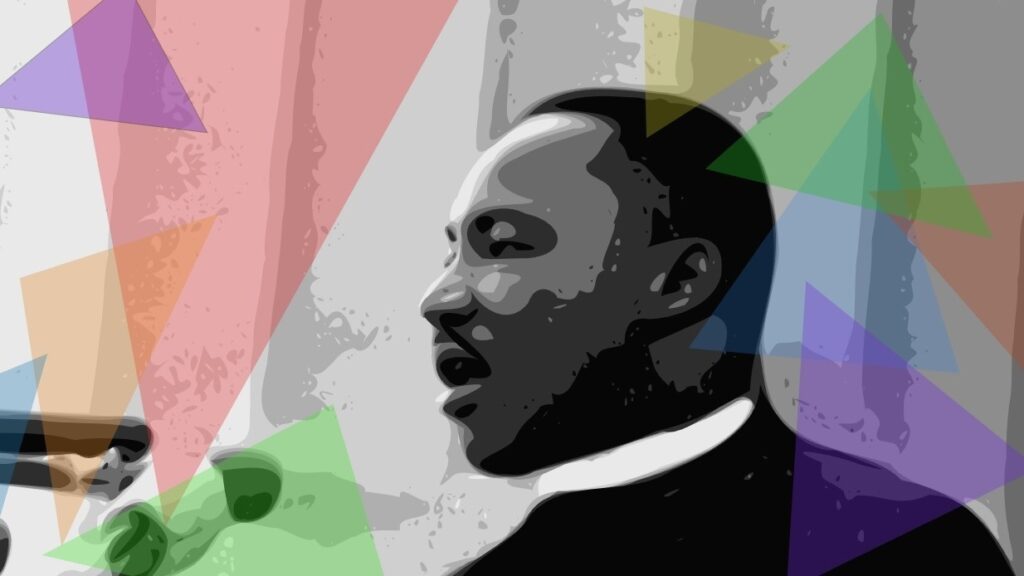U.S. Schools Will Offer First-Ever AP African American Studies This Year
For the first time ever, high school students will be able to take an AP course studying African American history.

High school students at 60 schools nationwide now have the opportunity to study African American history as an Advanced Placement course. The College Board’s African American Studies class is a pilot program that will expand into additional high schools next fall. It was designed in partnership with cultural and academic institutions and includes in-depth information on the African diaspora.
The Advanced Placement course provides valuable insight into previously untaught African American contributions to society and prepares students for college. AP classes are among the most difficult courses offered to high school students, teaching them how to manage college-level work. Next year, high school students will be able to earn college credit for their AP studies in African American history. According to Time Magazine, around 35 colleges will accept these credits, including Tuskegee University and Virginia Tech.
According to the College Board, students can expect to learn key moments in over 400 years of African American history. Topics of discussion include life on the African continent, the details of slavery, and the fight for civil rights. The course also covers more recent events, such as the murder of George Floyd, the appointment of Supreme Court Justice Ketanji Brown Jackson, and our newest federal holiday, Juneteenth. The pilot AP program’s test requires students to understand intersectionality, or the way race, gender, and class overlap to create disadvantages.
The College Board’s 40th AP course—its first since 2014—comes at a time of intense debate over how African American history should be taught in the classroom. Critical race theory (CRT) is a term that frequently surfaces in discussions about racial discrimination. Supporters see CRT as an established concept that adequately explains the reasons behind systematic racism and exclusion. Opponents view it as a tool that causes division. Some also fear that it makes non-Black students feel guilt over their race.
Notable African American history scholar Henry Louis Gates Jr. was a key contributor to the AP curriculum and endorsed its academic value. “AP African American Studies is not CRT. It’s not the 1619 Project. It is a mainstream, rigorously vetted, academic approach to a vibrant field of study, one half a century old in the American academy, and much older, of course, in historically Black colleges and universities.”
According to a Time Magazine story about CRT, at least 25 states have proposed or taken action to restrict how teachers are allowed to discuss racism. Comparatively, there were only 15 states that had passed anti-CRT legislation five months ago. Included in the controversy is the 1619 Project, a multimedia New York Times classroom program intended to reframe the way teachers present African American history. The debate over CRT has been fueled by videos like this, where a Utah teacher explicitly states that her classroom is intentionally designed for non-white students.

While the course examines the hardships of African American history, it equally celebrates the achievements of Black Americans. Musical, cinematic, artistic, and literary works are covered, highlighting the major role they and their creators have played in American culture and society. Students are encouraged to study famous Black luminaries including Thurgood Marshall and Maya Angelou. They will examine the works of Langston Hughes, Toni Morrison, Zora Neale Hurston, and other famous Black authors.







